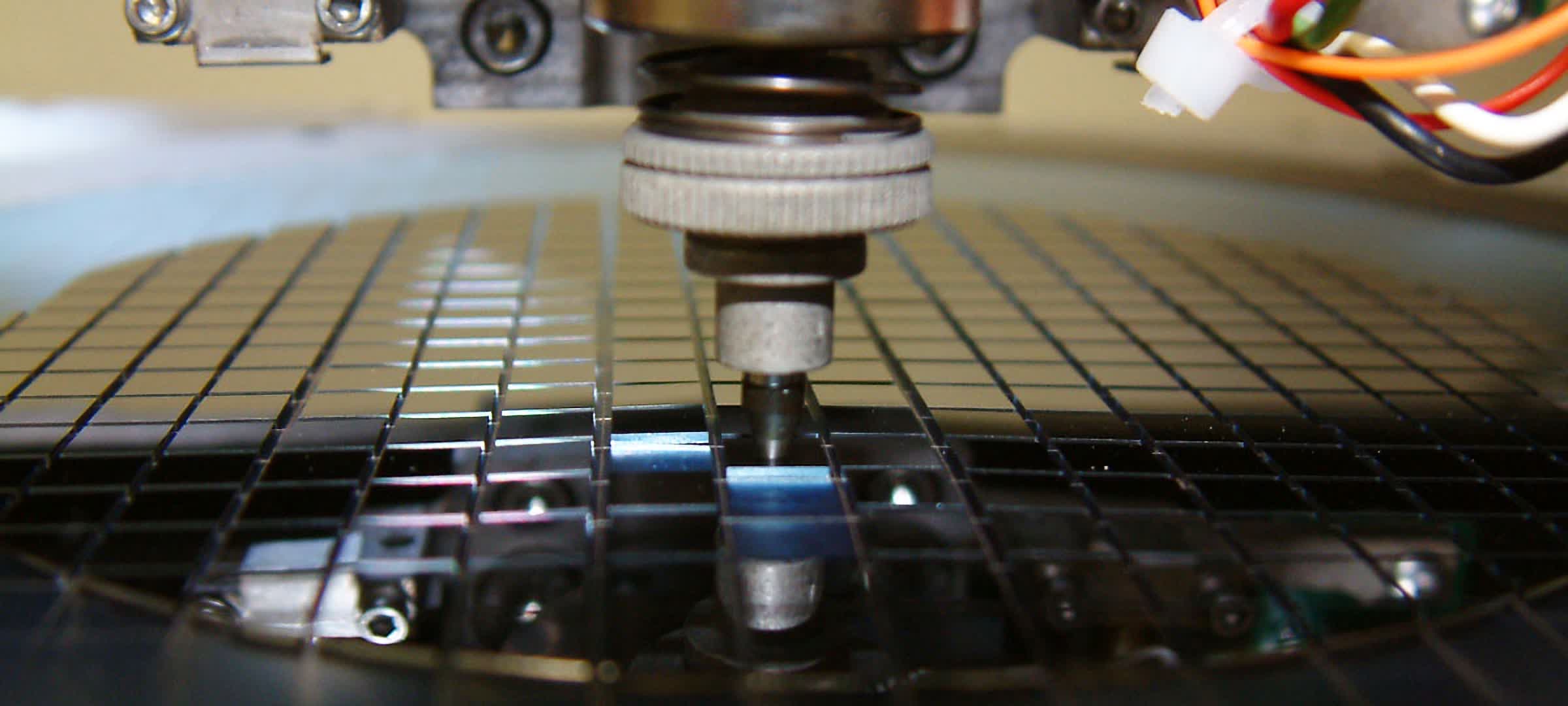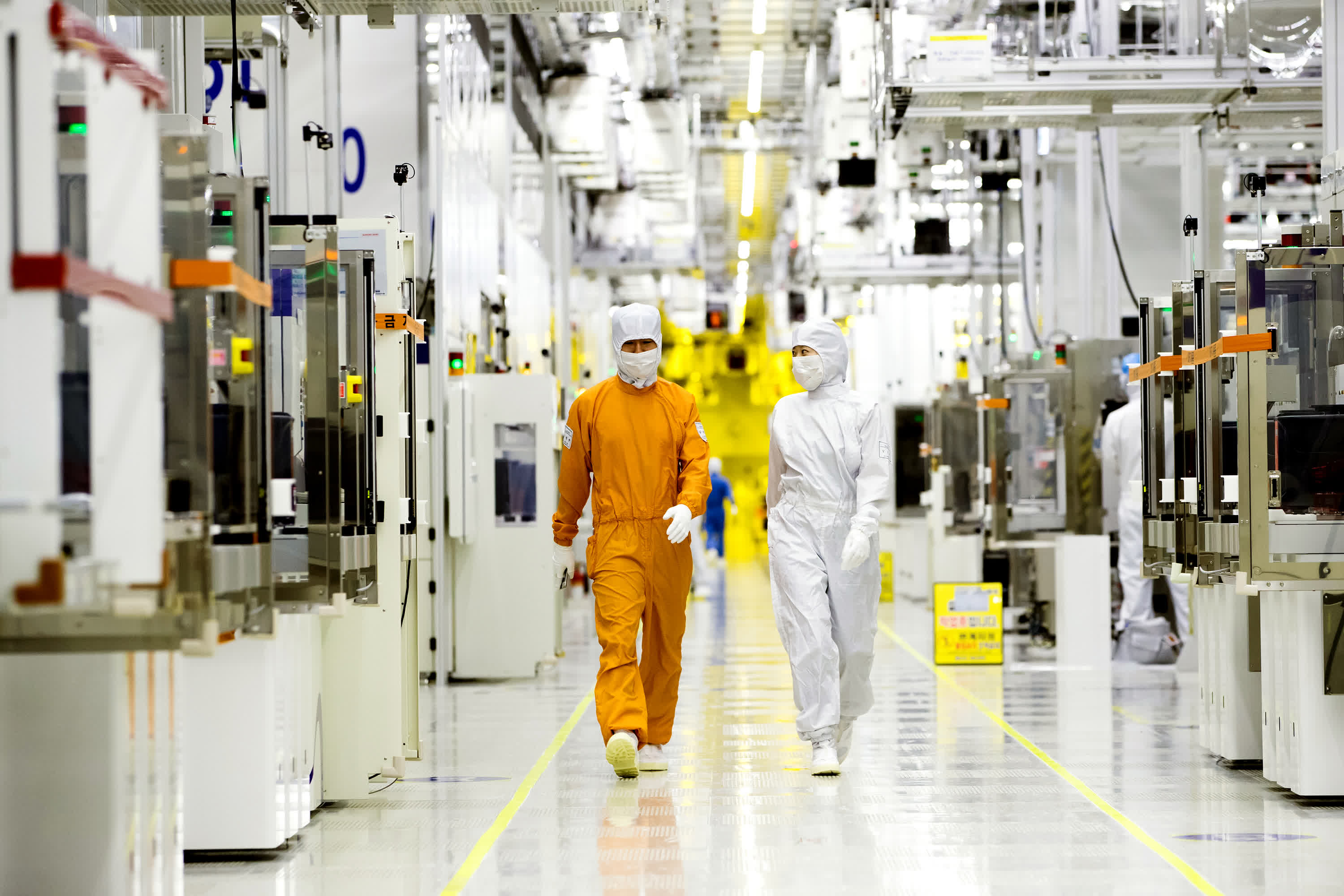What just happened? Samsung has committed to spending over $100 billion to improve its chip manufacturing arm, but the company is experiencing serious yield issues on its advanced process nodes that may drive some of its customers away. For instance, Qualcomm will be making its Snapdragon 8 Gen2 chipset on TSMC's 3nm process node.
Traditionally, Qualcomm has partnered with either TSMC or Samsung Foundry for its chip manufacturing needs. However, it turns out the latter is experiencing yield issues on its cutting-edge production lines that are preventing it from meeting expected order volumes.
According to a report by Korean publication The Elec, Qualcomm has decided to switch back to TSMC for the Snapdragon 8 Gen2 Mobile Platform. The chipset will be manufactured on a 3nm process node and is expected to power next year's flagship phones.

Samsung's 4nm process node is plagued by a yield rate of as low as 35 percent. In other words, for every 100 Snapdragon 8 Gen1 chips etched on a wafer, 65 don't meet the quality standards imposed by Qualcomm. For reference, TSMC's 4nm process node --- which is used by Qualcomm to manufacture the Snapdragon 8 Gen1 Plus --- is said to have a yield rate of over 70 percent.
The Elec said Samsung is also having issues making its own Exynos 2200 chipset, with yields even lower than the ones achieved for the Snapdragon 8 Gen1. This prompted the Korean tech giant to conduct an internal investigation into the matter, according to local press. It's possible this may be a case of fraudulent reporting on the part of Samsung Foundries executives, so the company is looking into current and former managers of its 5nm, 4nm, and 3nm production lines.
Qualcomm isn't the only company experiencing issues with Samsung's advanced process nodes. Nvidia is said to have spent no less than $10 billion to secure a chunk of TSMC's 5nm manufacturing capacity for its upcoming RTX 4000 series GPUs.
